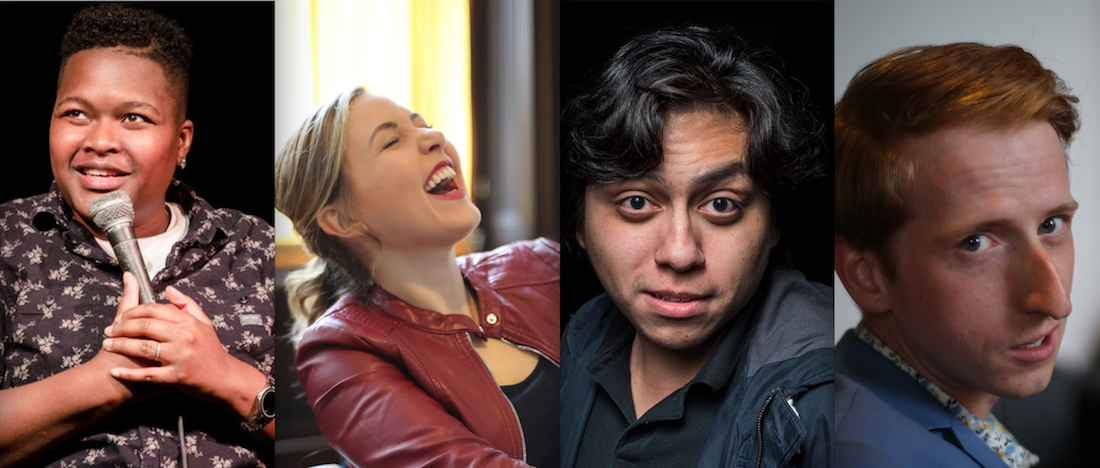Last year, Netflix kicked off 2019 with a global gauntlet of stand-up comedy, Comedians of the World.
This year, Vulture asked some of our worldly comedians about the sometimes daunting task of adapting their stand-up acts from their native tongue into English — and how much jokes may change in translation.
Rafi Bastos, from Brazil, talked to me recently in The Comedy Cellar’s Olive Tree Cafe about how he realized he needed to be in New York City, and not Los Angeles, if he wanted to truly succeed in America as a stand-up.
What Bastos told Vulture:
“A few jokes you can translate and they work in English as well. When you talk about marriage and dating and Tinder, those subjects are international. Talking about my kid and pregnancy — we are the same in those areas. Those jokes work on the same level. Of course, you have to change a little bit, find the right word, find the right verb. There is a math behind the joke, and I respect the math when I’m translating.
In order for me to do a joke in English, I have to be completely memorized to make it look fresh. I can change the rhythm, I can make it quicker and make it slower. I can play with the joke. If I’m not memorized, I’m thinking so much in the way I’m going to say it that it looks memorized. It’s crazy. It’s almost like reverse psychology.
What I think is amazing is there is a likability to a foreigner talking in English. In my language I am considered an asshole. In English, there is a likability behind the way I speak, and I’m taking advantage of it. I don’t feel I’m starting again writing the material, but also, I found a new perspective on my own personality talking in a different language. That’s the craziest thing for me.
I feel clubs treat us as a special type of comedian: We need to have a woman and we need to have a foreigner. It’s almost like a brand. So that’s what I’m trying to run away from. Because otherwise I’m a category. I don’t want to be a category.”




